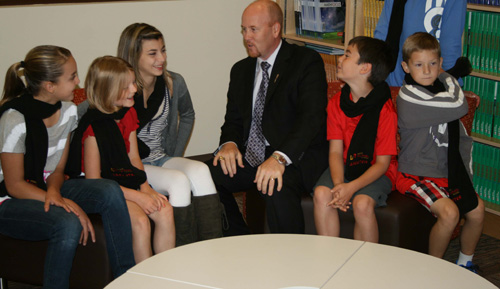
Educazione, Innovazione, Infrastructure — whichever way you line up the words, they all lead back to education. Because once a nation has goals for where it wants to be in 5 o 10 o 20 anni, that nation is going to need to have a competent, competitive workforce to realize its goals.
Developing the nation’s plan means collaboration. And the collaboration part is perhaps the toughest because people tend to argue about significant matters and you will never find enough educators who will agree on the biggest issues — or will you? È interessante notare che, my five interviews over the past 5 weeks in The Education Debate 2012 series with Howard Gardner, Richard Riley, Diane Ravitch, Andy Hargreaves and Linda Darling Hammond often sound similar because there are many commonalities among the solutions proposed for how to improve student achievement in an educational system.
Oggi vorrei soffermarmi su un'iniziativa formazione lungimirante in Alberta, Canada chiamato “Inspiring Education.” Recentemente ho avuto l'opportunità di discutere con l'onorevole Jeff Johnson, Ministro della Pubblica Istruzione per Alberta. La nomina di Johnson come Ministro della Pubblica Istruzione nel maggio di quest'anno costruito sulla sua esperienza come co-presidente del pionieristico “Inspiring Istruzione” comitato. In precedenza è stato Ministro delle Infrastrutture, Ministro responsabile della Segreteria Oil Sands, e assistente parlamentare al Consiglio Tesoro. Jeff ha anche esperienza di lavoro nei mercati finanziari come futures trading pavimento pit capo e nella costruzione di una serie di successo delle piccole imprese.
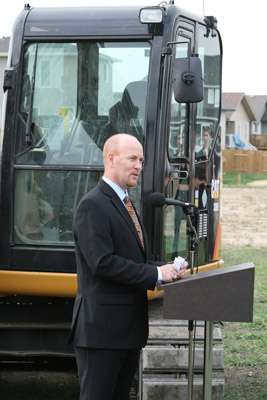
Can you talk about the Albertan “Inspiring Istruzione” iniziativa – your goals and objectives?
Il Ministro dell'Istruzione della giornata ha riunito un comitato direttivo di circa 20 persone, che ho presieduto, e noi con il compito di chiedere Albertans da tutti i ceti sociali a una domanda principale: Quali tipi di abilità e attributi un Albertan istruita dovrebbe laurea in 2030 avere? Quello che abbiamo sentito è che Albertans sentito gli studenti dovevano essere tre cose: engaged thinkers, ethical citizens, e hanno bisogno di avere uno spirito imprenditoriale.
By pensatore impegnato, stiamo parlando di abilità come essere in grado di pensare in modo critico, essere creativi, having digital literacy and being cooperative. It also extends beyond our K-12 system, and includes being a true life-long learner.
In terms of the ethical citizen, we want to make sure kids are contributing to their communities. The character traits we require for an ethical citizen would be young people who are empathetic, have good communication skills and who through teamwork and collaboration contribute fully to the community and to the world.
Infine, Albertans are really proud of our history of being pioneers and entrepreneurs. The people who immigrated to Alberta were not wealthy people. They came to Alberta for opportunity, and it was that history that really influenced us to include entrepreneurial spirit as the third element of what we call our three E’s. We wanted our kids to learn to take risks, to be resilient, competitivo, resourceful, confident and self-reliant. We wanted to prepare kids for the global economy, for the ever-changing digital age. We wanted to make sure they are ready for the jobs that will be waiting for them, in many cases jobs that don’t even exist yet. And that they are skilled enough so that if the job doesn’t exist, they can create it.
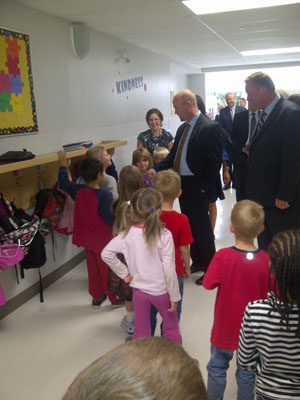
What system changes did these goals require you to make?
Primo, we had to build a system that was more centered on the student. Albertans felt the educational system was too caught up in the old ways – based on the desires of trustees, teachers or politicians instead of on what is best for the students and the students’ apprendimento.
The second major change we felt we should make was to move to a system that was based on competency versus regurgitating content. Every student learns at an individual pace, but our educational system was not set up to deal with that. So the challenge was to move to a system that was based on mastering competency, not just serving a set amount of time in a desk and memorizing facts for a test. When kids can move faster we need to make sure we’re able to challenge them.
The other problem we faced was that our curriculum in Alberta was very standardized and allowed very little flexibility for educators. Much of the content in the curriculum is going to be obsolete in 15 anni da oggi. We want to move to a system where numeracy and literacy remained at the core of learning, but where educators are teaching in a way that will instill our three E’s in kids.
Are your teachers equipped to handle this shift in orientation?
The need for additional training varies teacher by teacher. I think a lot of the newer teachers coming into the system are ready and willing to embrace this new approach. Some will need professional development, and that is a good thing. It isn’t our intention to turn the system on its head and start a revolution – it is more of an “informed transformation”. We have a good system now, one of the best in the world in fact, so we want to move forward without throwing out the good that we’ve already got.
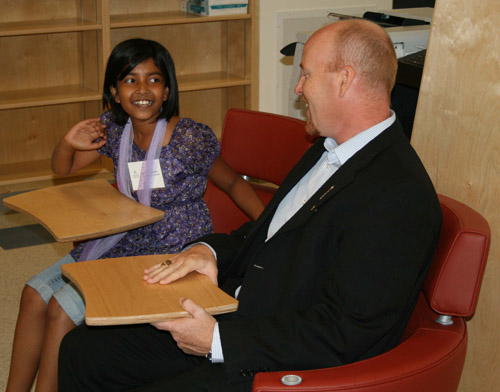
In termini di valutazione degli studenti non si prevedono eventuali cambiamenti nelle vostre pratiche di verifica per accogliere questo nuovo orientamento?
Curriculum e la valutazione sono ovviamente correlati tra loro, and both will have to evolve. We currently use standardized tests at four points in a student’s life. We do standardized testing at grades 3, 6 e 9. Then we have the Diploma Exams in Grade 12, which are essentially our entrance exams for post-secondary. Our plan is to focus on the lower grades first and introduce new tools to assess, eventually moving to other grades.
What about class size and special learning needs?
Albertans told us clearly that all kids are special, and we need to make sure we support them all. So we are striving for a system that recognizes the differences in students and is able to challenge every child. It’s going to be different for every child, whether it’s learning difficulties, language barriers or gifted children – or anything else. In Alberta we want inclusiveness for the special needs kids and for the gifted kids. We’re in the process of changing our funding to reflect this too.
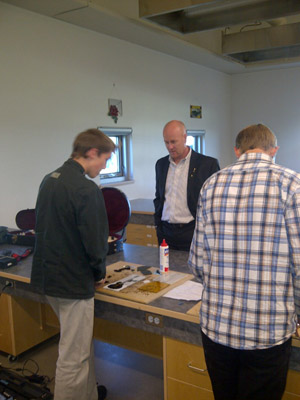
How do you see blended-learning systems and other technology evolving in your school system by 2030?
Technology presents one of the biggest challenges and also one of the biggest areas of opportunity. With the finances that governments and public school systems have, it is impossible to keep the latest greatest technology in the classroom. The technology is just becoming outdated too fast. One of the things we seek to do in our system is ensure that the technology that kids use at home every day becomes part of their learning experience. We’ve got a lot of ‘bring your own device to school’ in terms of kids using their devices as part of their learning. At the core of it, this is not about using technology as a teaching tool, but more about using it as a tool to create knowledge.
What did Albertans tell you about teaching ethics in the classroom, i.e. to tie in with your ethical citizen goal?
There are a couple of points here. Albertans told us they did not want the government or teachers to have to become the parent. Ethics has got to initially come from the home and the family, and it’s different for every family. What we want to instill as part of building ethical citizens are things like honesty and respect. It means that in our schools you’re going to be honest. You’re going to work hard. You’re going to value diversity and respect other people’s differences. The expectation is that the school system will teach these things because they represent what is important as a citizen.
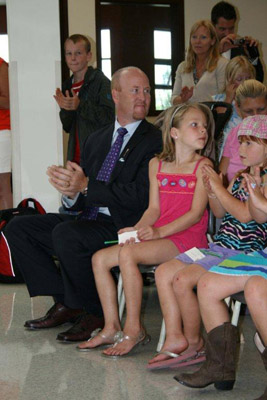
Che ruolo avranno le arti giocherà nelle riforme dei sistemi di istruzione?
You cannot give students 21st century skills such as critical and creative thinking without the arts. If we want kids to be able to think outside the box, se vogliamo bambini siano in grado di innovare, abbiamo bisogno di esporli a l'arte e gli artisti.
Exposure to the arts fulfills several needs. It obviously helps ensure we maintain our culture and create new artists. Ma non finisce qui. People who have honed their artistic skills are more observant, and are better able to find problems and find creative solutions. So incorporating the arts is also about making sure we have future business people, scienziati, doctors and engineers too.
What are your views on higher education choices? Do all students need to go on to a liberal arts education? What about vocational colleges?
Post-secondary is about more than just university. Our post-secondary system in Alberta includes lots of choices for young people, including great universities, colleges and technical institutes. All are good options, and we need to make sure kids see value in all of them.
Dopotutto, we know that only about 17 per cent of our kids graduating go to traditional university. Many of the rest are pursuing colleges and technical institutes because that training offers access to very well paid, highly gratifying occupations.
Not every kid needs or wants a liberal arts degree. There are incredible occupations and success to be had in other channels, and I think we need to get better at offering different options earlier.
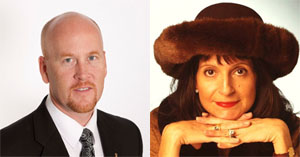
Photos courtesy of Alberta Education.
Nel Global Search per l'Educazione, unirsi a me e leader di pensiero di fama mondiale tra cui Sir Michael Barber (Regno Unito), Dr. Michael Block (Stati Uniti), Dr. Leon Botstein (Stati Uniti), Il professor Argilla Christensen (Stati Uniti), Dr. Linda di Darling-Hammond (Stati Uniti), Dr. Madhav Chavan (India), Il professor Michael Fullan (Canada), Il professor Howard Gardner (Stati Uniti), Il professor Andy Hargreaves (Stati Uniti), Il professor Yvonne Hellman (Paesi Bassi), Il professor Kristin Helstad (Norvegia), Jean Hendrickson (Stati Uniti), Il professor Rose Hipkins (Nuova Zelanda), Il professor Cornelia Hoogland (Canada), Sig.ra. Chantal Kaufmann (Belgio), Dr. Eija Kauppinen (Finlandia), Segretario di Stato Tapio Kosunen (Finlandia), Il professor Dominique Lafontaine (Belgio), Il professor Hugh Lauder (Regno Unito), Il professor Ben Levin (Canada), Signore Ken Macdonald (Regno Unito), Il professor Barry McGaw (Australia), Shiv Nadar (India), Il professor R. Natarajan (India), Dr. PAK NG (Singapore), Dr. Denise Papa (Stati Uniti), Sridhar Rajagopalan (India), Dr. Diane Ravitch (Stati Uniti), Richard Wilson Riley (Stati Uniti), Sir Ken Robinson (Regno Unito), Professor Pasi Sahlberg (Finlandia), Andreas Schleicher (PISA, OCSE), Dr. Anthony Seldon (Regno Unito), Dr. David Shaffer (Stati Uniti), Dr. Kirsten Immersive Are (Norvegia), Cancelliere Stephen Spahn (Stati Uniti), Yves Theze (French Lycee Stati Uniti), Il professor Charles Ungerleider (Canada), Il professor Tony Wagner (Stati Uniti), Sir David Watson (Regno Unito), Professor Dylan Wiliam (Regno Unito), Dr. Mark Wormald (Regno Unito), Il professor Theo Wubbels (Paesi Bassi), Il professor Michael Young (Regno Unito), e il professor Zhang Minxuan (Porcellana) mentre esplorano le grandi questioni educative immagine che tutte le nazioni devono affrontare oggi. Il Global Ricerca per l'Educazione della Comunità Pagina
C. M. Rubin è l'autore di due ampiamente lettura serie on-line per il quale ha ricevuto una 2011 Premio Upton Sinclair, “Il Global Ricerca per l'Educazione” e “Come faremo a Leggere?” Lei è anche l'autore di tre libri bestseller, Compreso The Real Alice in Wonderland.
Segui C. M. Rubin su Twitter: www.twitter.com/@cmrubinworld


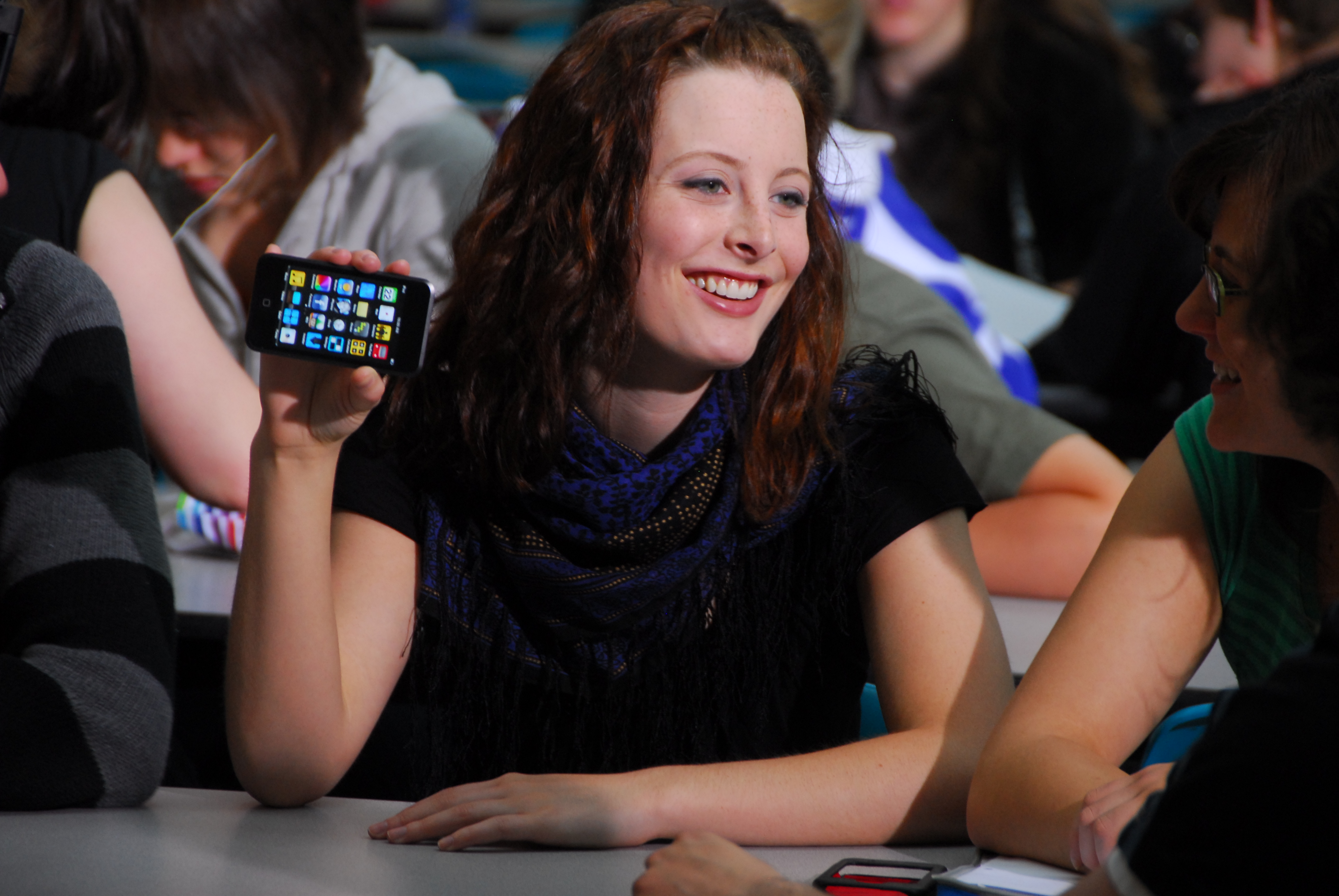
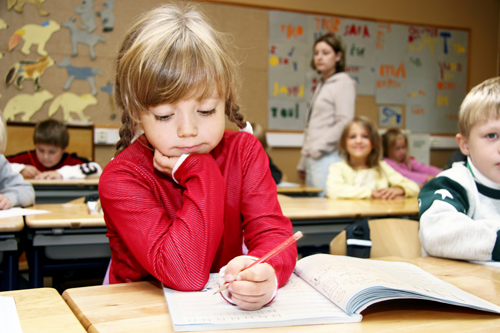
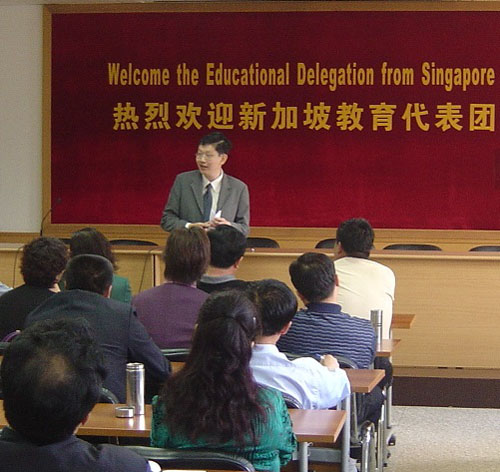
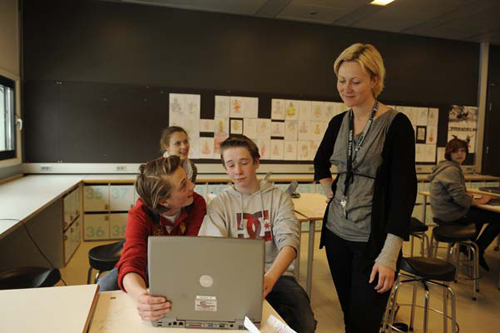
Commenti recenti